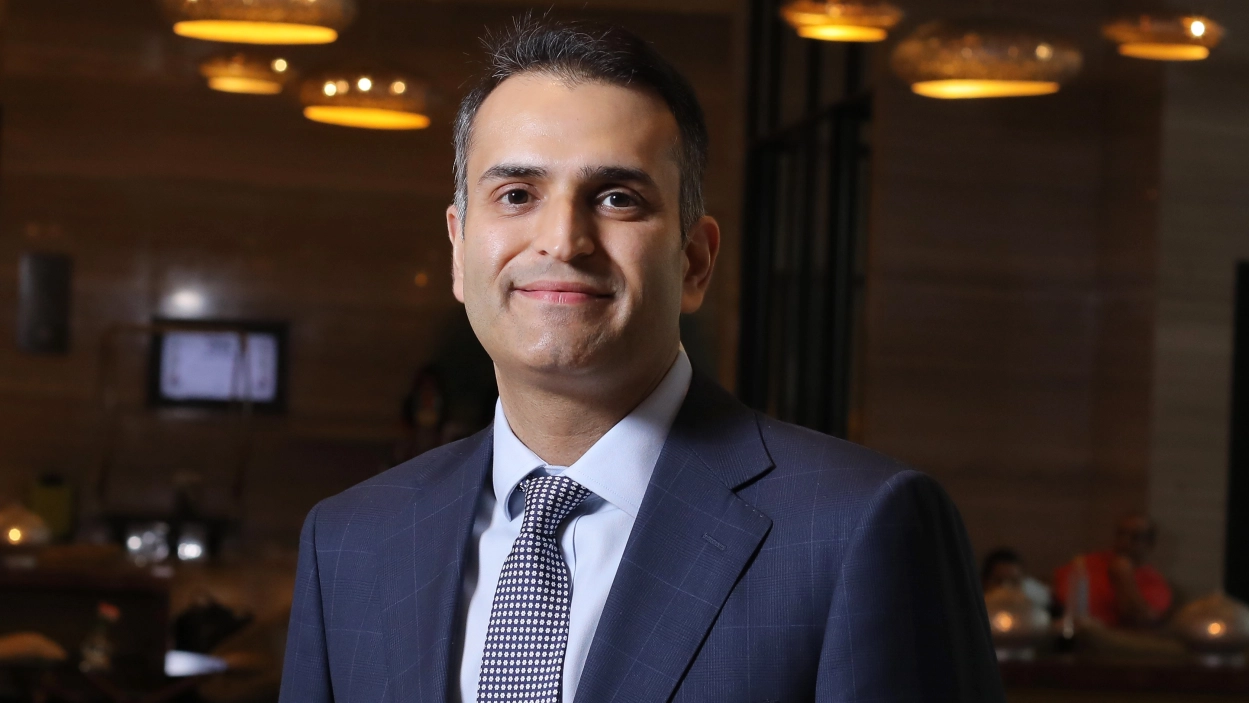
Expect marginal impact of Red Sea crisis on tyre industry, says JK Tyre MD and ATMA Chairman
NEW DELHI : While numerous automakers have witnessed some increase in ocean freight costs due to the ongoing Red Sea crisis, homegrown tyre maker JK Tyre and Industries asserts that it does not foresee a gigantic impact on the company’s overseas and inbound shipments.
In an exclusive interaction Managing Director, JK Tyre and Industries, and Chairman, Automotive Tyre Manufacturers Association (ATMA), maintains that this is having a “marginal impact” on the tyre industry.
“The Red Sea is a reality. The global environment continues to remain challenging, and supply disruptions will be here. The Red Sea crisis or the ocean freight has also increased the shipment delays by nearly 10 to 15 days,” Mr. Singhania told in an exclusive interaction.
Due to the disruptions caused by attacks by Yemen-based Houthi rebels on commercial ships in the Red Sea, vessels have to take a detour for exports and imports.
“The tyre industry is not impacted much. (The impact) is not that significant because it is going to take these vagaries into account. On the other hand, demand in the export markets has been quite healthy,” added Singhania.
He noted that there will be only a very “marginal impact” on JK Tyre and the tyre industry. When asked about the West Asia crisis, he maintained, “The war is already going on, and we are hoping that this should end, but that has not impacted our costs or any operations, be it domestic or exports.”
Exports contributed Rs 1,813.12 crore (around 16 percent) to JK Tyre’s consolidated revenue for the first nine months of FY24.
Mr. Singhania had earlier indicated that he expects raw material prices could increase by 3-4 percent in Q3 FY24 due to the ongoing Israel-Hamas war.
Expansion plans in full swing
Meanwhile, JK Tyre has firmed up plans to invest Rs 1,400 crore during FY2024-26 to ramp up its output from 33.6 million units per annum to 38.9 million units of tyres per annum across its production facilities. Out of the earmarked amount, Rs 1,025 crore would be spent towards expanding the output of passenger car radials (PCR), Rs 260 crore for truck and bus radials (TBR), and the balance amount for steel light truck radials.
The New Delhi-based tyremaker has already pumped in Rs 800 crore for the ongoing financial year. The company is utilising 85 percent of its available capacity and will be investing fresh capital to meet the demand for its products, going ahead.
“We are looking at investing Rs 1,400 crore to increase production and maintain our leadership in radials over the next two years,” stated Mr. Singhania.
During Q3 FY24, JK Tyre registered a 3X growth in its net profit to Rs 227 crore. Its revenue also went up to Rs 3,700 crore during the October-December 2023 quarter.
During the first nine months of this financial year (April-December 2023), the tyremaker clocked a three percent year-on-year (YoY) growth in its topline at Rs 11,332 crore. Its profit after tax (PAT) during the same period went up 4X from Rs 151 crore last year to Rs 634 crore.
Mr. Singhania attributed the growth in bottomline and topline to the increase in demand for its products from automakers, better product mix, sustained demand in the replacement market, enrichment of premiumisation in the product mix, and improvement in operational efficiencies.
Without giving any guidance for FY24, he said, “Since Q4 is a very strong quarter for our OEMs, we will be improving our profitability. For the (financial) year as well, we will be maintaining our profitability trajectory. We will be in line with or better than the (tyre) industry.”
When asked to share his outlook for the tyre industry in the next financial year, he maintained, “The demand continues to remain buoyant for the auto and tyre industries, which will get a major boost from the government’s infrastructure projects, improving income levels in the rural market, consumers’ shift to SUVs, and growth in the logistic and e-commerce sectors. The urbanisation, infrastructure push, and better rural demand are going to be very positive in terms of demand generation.”

